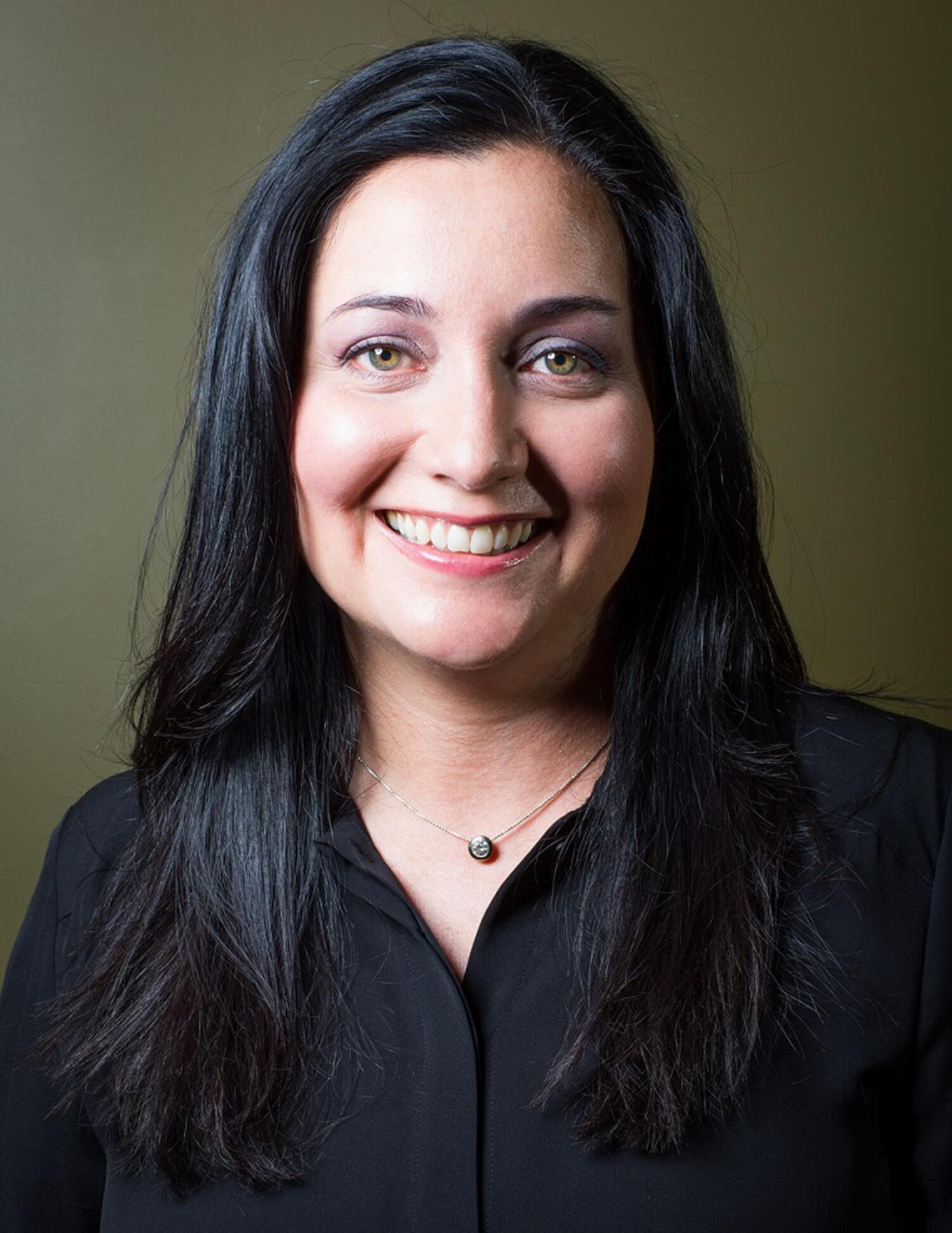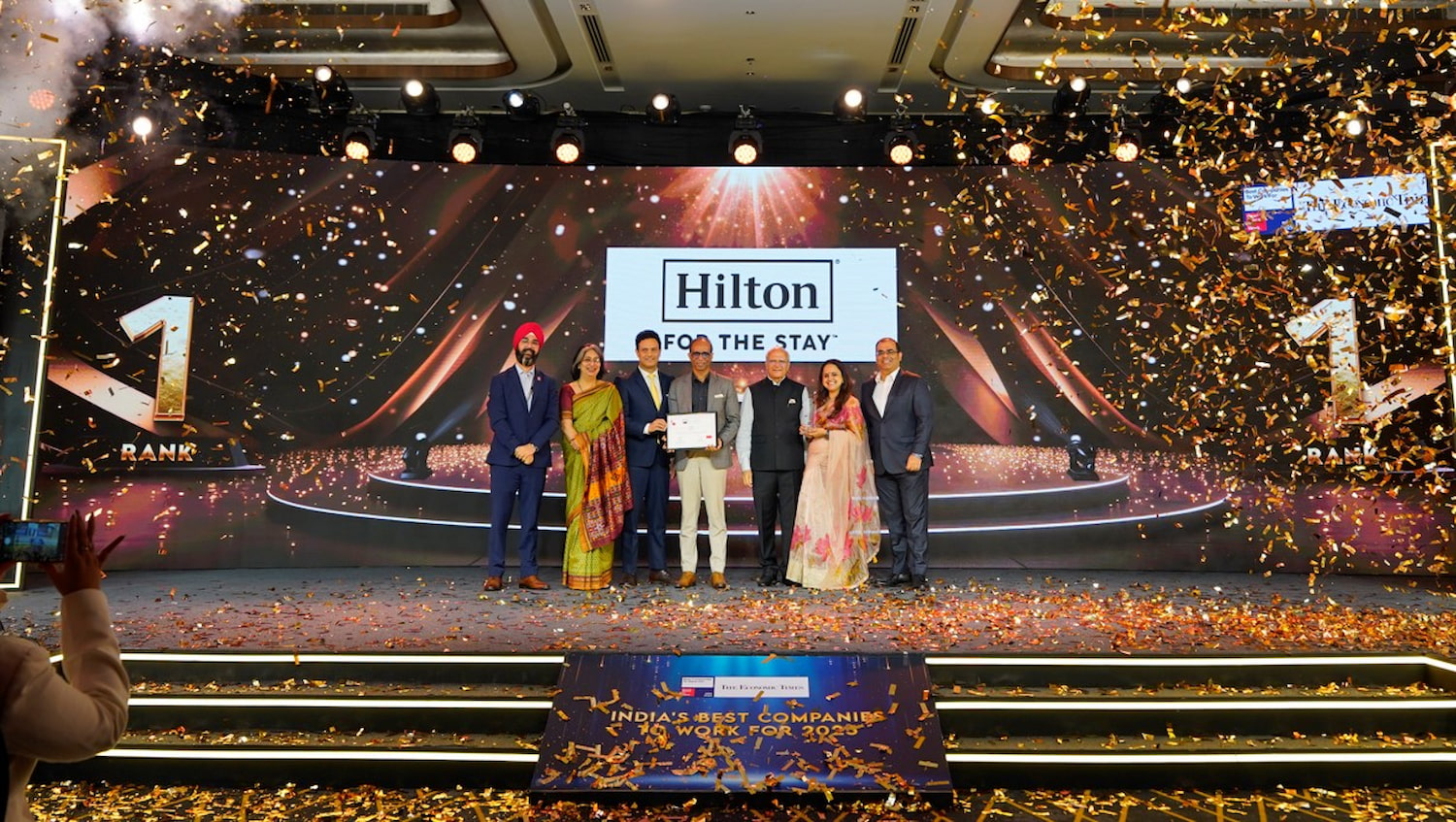
Salesforce is honored and humbled to once again be named one of the Fortune 100 Best Companies to Work For® among so many other inspiring companies. We are incredibly proud to be on the list for the 9th year in a row. What makes this accomplishment especially remarkable is the fact that we've been able to stay on the list, and even rise up the list from #23 to #8 this year, while growing our employee population dramatically. In the past year alone, we acquired 14 companies and hired more than 7,000 people, bringing our team to more than 24,000 members.
Culture has been a growing topic over the last few years, with the headlines often coming only when companies get it wrong. As the Executive Vice President of Employee Success, I know that a great culture and a great workplace doesn't happen by accident. We work hard every day to strengthen and evolve our culture to ensure our company continues to be a place where employees are empowered to be their authentic selves and to do the best work of their careers. Creating a great culture is a never-ending journey, not a destination — but continuing to earn recognition like this shows we are on the right path!
Why is maintaining a great culture so important to us? Our amazing team is our greatest competitive advantage. They drive the creation of our innovative products and are trusted advisers helping our customers succeed. Our people are the force behind Salesforce, and the reason we have been able to make such a wonderful impact on our industry and in our communities. And research by Great Place To Work and many other human capital research groups, shows there is also a real, measurable ROI in terms of better financial performance that makes a strong case for the business imperative behind building a great culture.
So, how have we been able to keep the Salesforce culture strong and keep our company a great place to work as we grow? Here are five lessons we've learned along the way.
- Be Intentional.
Our Ohana culture is so deeply embedded, strong and resilient because when our founders started Salesforce, they were as intentional about the company culture they wanted to create as they were about the products they wanted to build and how they would go to market. They wanted to create a different kind of company. One centered around the Hawaiian concept of Ohana, which means family. And our Ohana includes not just our employees, but our customers, partners and communities. Today, Ohana is at the center of everything we do at Salesforce. Our leaders champion it, our managers are measured on how well they drive it, our employees understand and embrace their role in protecting it. We create programs to bring each of our Ohana values to life inside and outside the company, and we measure how we are doing when it comes to living our values by digging into the results of our employee surveys twice a year. - Be Transparent.
Transparency is the foundation of trust, and trust is the foundation of a great workplace culture according to the Great Place To Work Institute. Employees need to know where we are going, how we plan to get there, and what their share of the task is to feel that their work is meaningful. They also want to know how they are doing and to get feedback to help them improve their performance not once a year at an annual review but in real time. Our V2MOM process and our real-time Feedback App help us deliver on these core employee needs in a highly transparent way. Meaningful work, wellbeing programs, drive employee engagement, and countless studies show that deeper levels of employee engagement result in high levels of customer satisfaction, loyalty, financial performance and growth. That's certainly been the case for us. - Give Employees a Purpose Beyond Profit.
Giving back has also been embedded in our culture from Day 1. Through our 1-1-1 philanthropic model, we've given $160 million in grants, Salesforce employees have volunteered for 2 million hours in their communities and we've provided Salesforce technology for free or at a discount to 31,000 nonprofits. All Salesforce employees are encouraged to give back to the nonprofits and NGOs that matter to them, either through Volunteer Time Off (56 hours a year) or a generous matching policy (up to $5,000). - Champion Equality for All.
As I mentioned above, culture is an ongoing journey, and companies should take their cues from their employees on where and when they need to evolve. Our focus on equality is a great example. Our employees have encouraged us to amp up our efforts in this area, and we listened. Today, we are working together with our whole Ohana – our employees, customers, partners, community organizations and the tech industry – to build a path forward to Equality for all. We are taking action across four key pillars: Equal Rights, Equal Pay, Equal Education and Equal Opportunity. We were proud to be recognized as one of the 50 Best Workplaces for Diversity for the second year in a row, but also realize we have a long way to go to realize our vision of equality for all. - Focus on Wellbeing.
As a customer-oriented company, we know that we can only take care of our customers if we first take care of ourselves. Wellbeing is one of Salesforce’s fundamental values, so we devote a lot of time and resources to making sure that our Ohana is happy and healthy. Most recently, we've substantially increased our paternity leave and added mindfulness zones — where employees can check their devices and check in with themselves to find a moment of Zen in their busy days — to our workplaces. Wellbeing in the workplace is possible even when you're company is growing as fast as ours is, but it takes effort and alignment amongst all stakeholders: the company needs to provide the programs, management has to buy in so their employees feel they have permission to take advantage of the programs, and everyone needs to take personal responsibility for their own wellbeing.
Maintaining a great culture is challenging, and we know we don't always get it right, especially in times of growth and change. But, our employees trust us, and they let us know how we are doing and what they love about our culture all the time. Check it out in their own words by searching #SalesforceOhana on Twitter and Instagram.
This article was originally published on the Salesforce blog.







